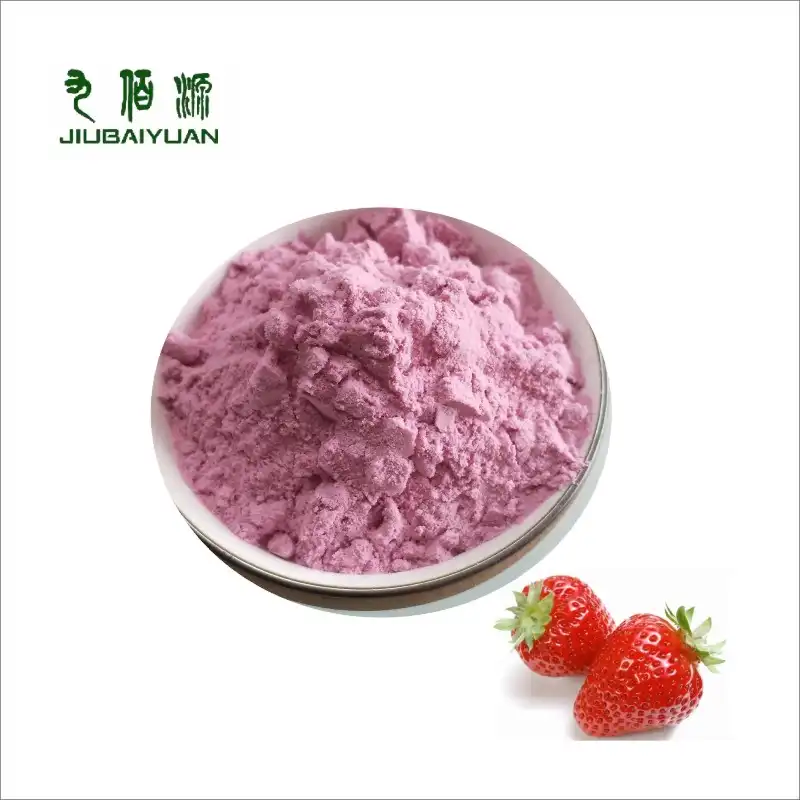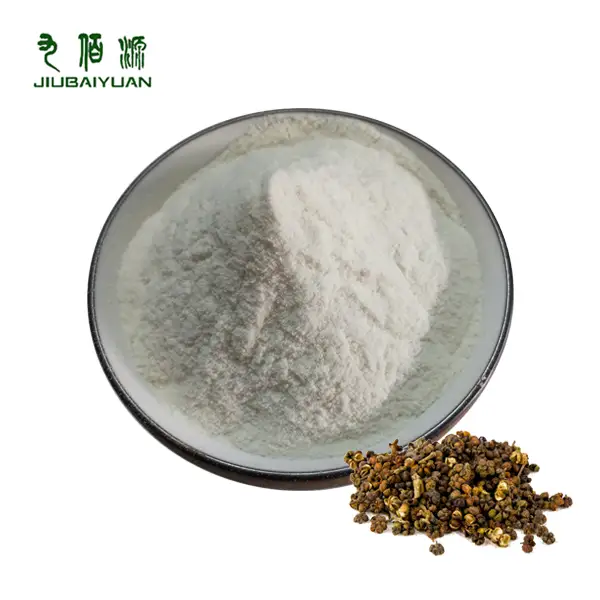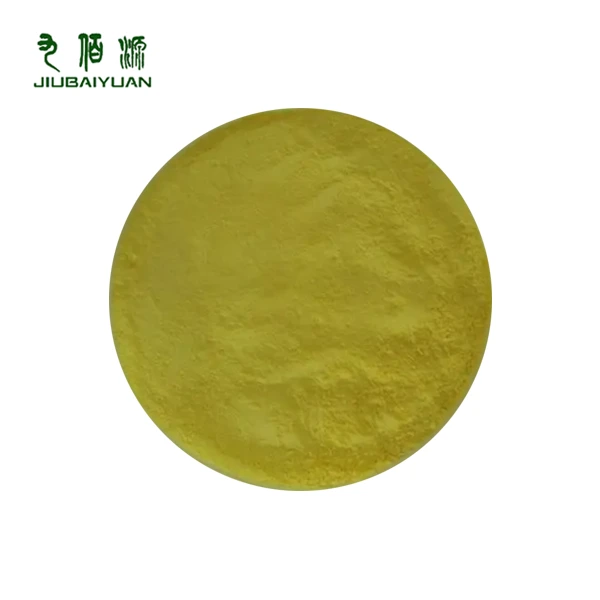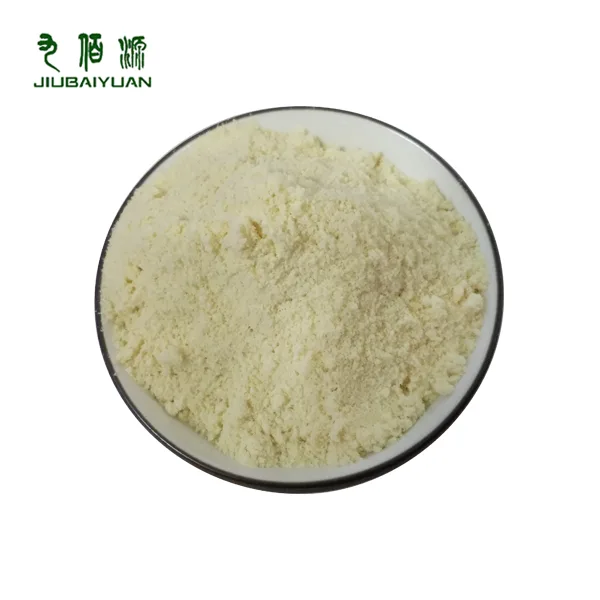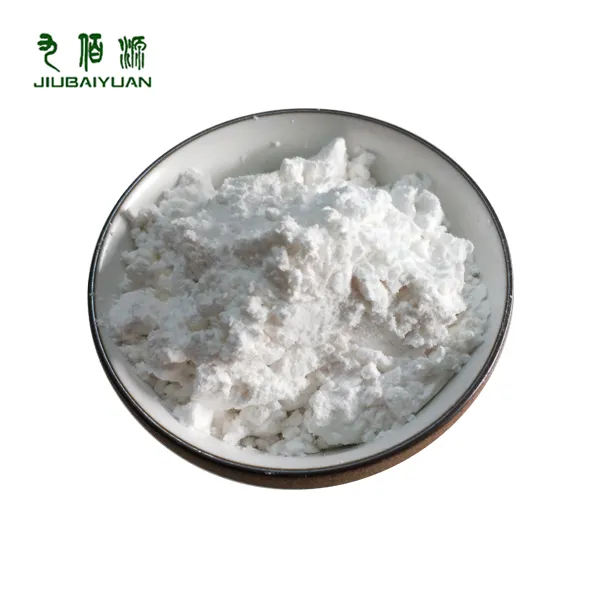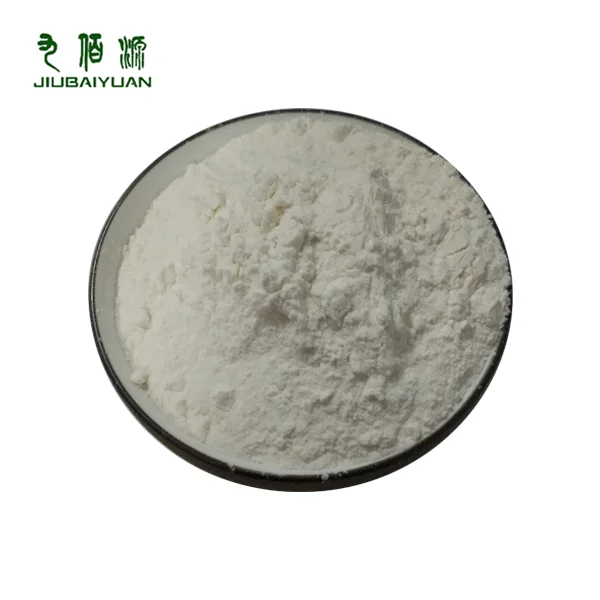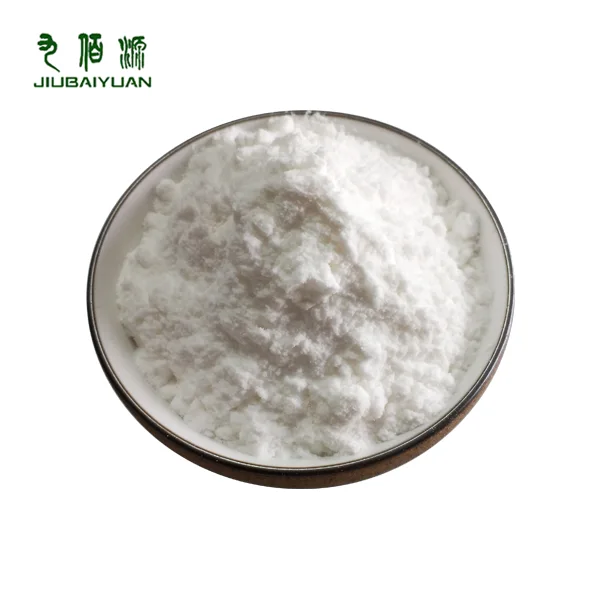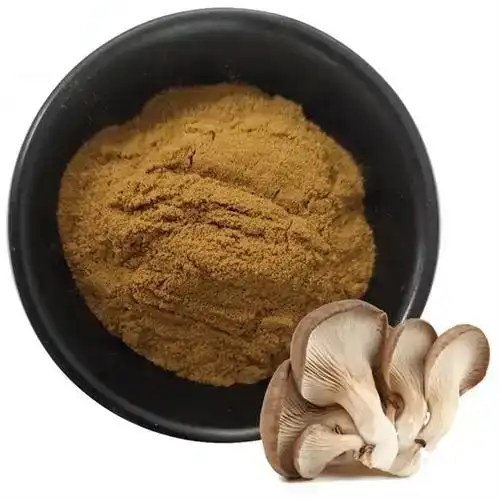Unlocking the Benefits of Ectoine Powder for Skin Health
In the ever-evolving world of skincare, new ingredients are constantly emerging to revolutionize our beauty routines. One such ingredient that has been gaining significant attention is Ectoine powder. This remarkable compound offers a myriad of benefits for skin health, making it a must-know for anyone serious about achieving and maintaining a glowing complexion. Let's delve into the world of Ectoine powder and discover why it's becoming a staple in cutting-edge skincare formulations.
What is Ectoine Powder? Discover Its Unique Properties

Ectoine powder is a natural compound classified as an extremolyte, a type of molecule produced by microorganisms that thrive in extreme environments. These resilient microbes synthesize Ectoine as a protective mechanism against harsh conditions such as extreme temperatures, high salinity, and intense UV radiation.
The unique properties of Ectoine powder stem from its molecular structure, which allows it to form a protective shield around cells. This shield, often referred to as a "water shell," helps to maintain cellular hydration and protect against environmental stressors. In the context of skincare, these properties translate to enhanced moisture retention, improved barrier function, and increased resilience against external aggressors.
Ectoine's ability to bind water molecules is particularly noteworthy. This hygroscopic nature enables it to attract and retain moisture, creating a long-lasting hydrating effect on the skin. Moreover, Ectoine has been shown to stabilize cell membranes and proteins, contributing to overall skin health and function.
Another fascinating aspect of Ectoine powder is its anti-inflammatory properties. Research has demonstrated its capacity to reduce the production of pro-inflammatory cytokines, potentially alleviating skin irritation and redness. This makes Ectoine an excellent ingredient for those with sensitive or reactive skin types.
Top Uses of Ectoine Powder in Skincare and Beyond
The versatility of Ectoine powder has led to its incorporation in a wide range of skincare products and applications. Here are some of the top uses that highlight its effectiveness:
Hydration Boosting
Ectoine's exceptional water-binding properties make it an ideal ingredient in moisturizers and hydrating serums. By forming a protective moisture barrier, it helps to prevent transepidermal water loss and maintain optimal skin hydration levels. This can result in plumper, more supple skin with improved elasticity.
Anti-Aging Formulations
The protective nature of Ectoine extends to shielding skin cells from oxidative stress and UV damage, two major contributors to premature aging. By incorporating Ectoine powder into anti-aging products, formulators can create more effective solutions for combating fine lines, wrinkles, and age spots.
Sensitive Skin Care
Thanks to its anti-inflammatory properties, Ectoine powder is an excellent ingredient for products designed for sensitive skin. It can help soothe irritation, reduce redness, and strengthen the skin barrier, making it less susceptible to external irritants.
Sun Protection
While not a sunscreen itself, Ectoine has been shown to enhance the efficacy of UV filters when used in sunscreen formulations. Its ability to protect cells from UV-induced damage makes it a valuable addition to sun care products.
Hair Care
The benefits of Ectoine powder extend beyond skincare. In hair care products, it can help to hydrate and protect hair strands, potentially reducing damage from heat styling and environmental factors.
Eye Care
The delicate skin around the eyes can greatly benefit from Ectoine's hydrating and protective properties. Eye creams and serums containing Ectoine may help reduce the appearance of fine lines and dark circles while soothing the sensitive eye area.
Ectoine Powder vs. Other Natural Ingredients: A Comparison

To truly appreciate the value of Ectoine powder in skincare, it's helpful to compare it to other popular natural ingredients:
Ectoine vs. Hyaluronic Acid
Both Ectoine and Hyaluronic Acid are powerful hydrators, but they work in slightly different ways. While Hyaluronic Acid can hold up to 1000 times its weight in water, Ectoine creates a more stable water shell around cells. This means that Ectoine may provide longer-lasting hydration, especially in dry environments.
Ectoine vs. Glycerin
Glycerin is another common humectant in skincare. However, Ectoine offers additional benefits beyond hydration, such as cell membrane stabilization and UV protection. This makes Ectoine a more multifaceted ingredient for overall skin health.
Ectoine vs. Aloe Vera
Both Ectoine and Aloe Vera have soothing properties, but Ectoine's effects are more targeted at the cellular level. While Aloe Vera provides immediate surface-level relief, Ectoine works to strengthen the skin's natural defense mechanisms for long-term comfort and protection.
Ectoine vs. Vitamin E
Vitamin E is well-known for its antioxidant properties. Ectoine, while not an antioxidant itself, complements antioxidants by providing physical protection to cells. This synergistic effect can enhance overall protection against environmental damage.
In conclusion, Ectoine powder stands out as a unique and powerful ingredient in the world of skincare. Its ability to provide deep hydration, enhance skin barrier function, and protect against environmental stressors makes it a valuable addition to any skincare routine. As we continue to uncover the benefits of this remarkable compound, it's clear that Ectoine powder has earned its place among the most effective natural ingredients for promoting skin health and beauty.
Are you ready to experience the transformative effects of Ectoine powder in your skincare routine? Contact us at mark@jiubaiyuanbiotech.com to learn more about our high-quality Ectoine powder and how it can elevate your skincare formulations to new heights. Let's work together to create innovative, effective skincare solutions that harness the power of nature's most resilient molecules.

References:
- Graf, R., et al. (2008). "Ectoine: A Natural Protective Compound in Skin Care." International Journal of Cosmetic Science, 30(3), 157-165.
- Bünger, J., et al. (2001). "Protection of the Skin Barrier by Ectoine: A Compatibile Solute." Skin Pharmacology and Applied Skin Physiology, 14(Suppl. 1), 7-14.
- Heinrich, U., et al. (2007). "Ectoine-containing Cream in the Treatment of Mild to Moderate Atopic Dermatitis: A Randomised, Comparator-controlled, Intra-individual Double-blind, Multi-center Trial." Skin Pharmacology and Physiology, 20(4), 211-218.
- Buenger, J., & Driller, H. (2004). "Ectoin: An Effective Natural Substance for Skin Protection." SÖFW-Journal, 130(7), 42-46.
- Bownik, A., & Stępniewska, Z. (2016). "Ectoine as a Promising Protective Agent in Humans and Animals." Archives of Industrial Hygiene and Toxicology, 67(4), 260-265.
- Kuhnke, A., et al. (2019). "Ectoine and Hydroxyectoine Inhibit the TNF-α-Induced Decrease of Aquaporin-3 in Human Keratinocytes." International Journal of Molecular Sciences, 20(8), 2024.
Related Industry Knowledge
- Unlocking the Benefits of Ellagic Acid Powder
- Unlocking the Benefits of Dihydroquercetin98 for Health
- Unlocking the Benefits of Blue Copper Peptide for Skin
- How Much Quercetin For Dogs?
- What Is Diosmetin Used For?
- Should Huperzine Be Taken With Food?
- What Is The Use Of Myricetin?
- What Is Diacetyl Used For?
- Benefits of Rose Petal Powder for Skin Care
- What is Retatrutide Powder and How Does It Work?
